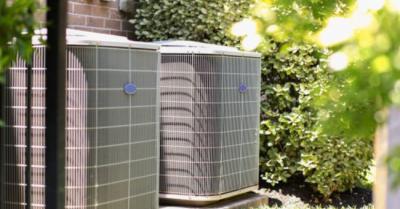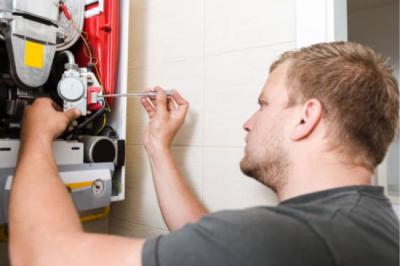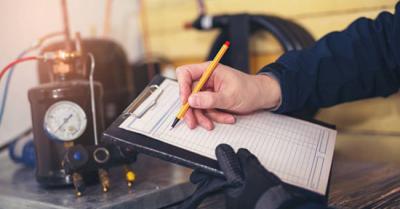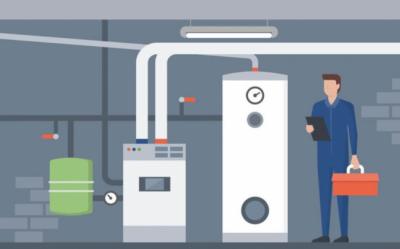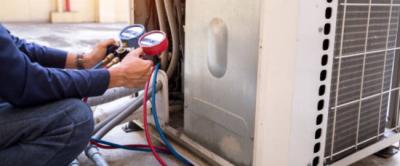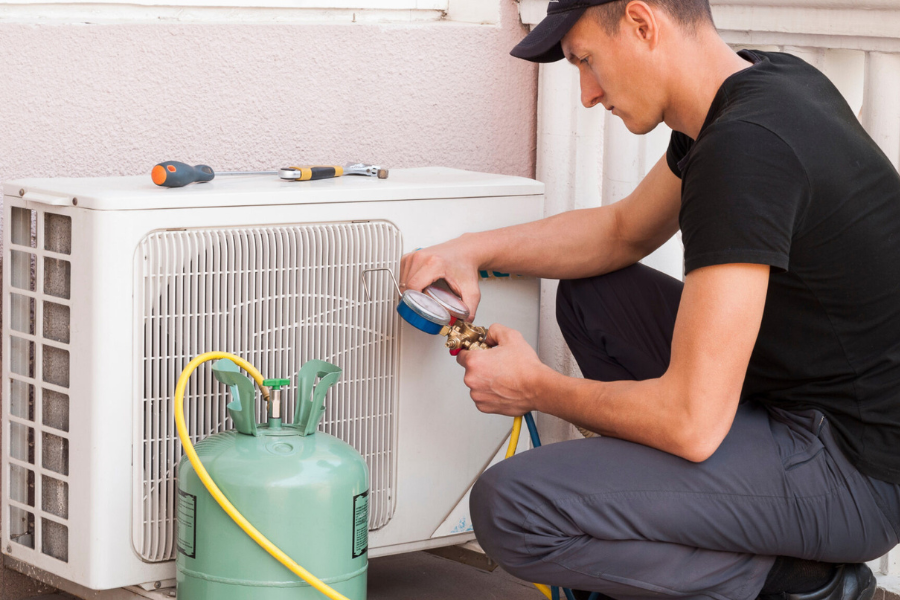
How Long Do HVAC Systems Last?
Heating, Ventilation, and Air Conditioning (HVAC) systems play a pivotal role in maintaining comfortable indoor environments. Homeowners can rely on these systems to regulate temperature and ensure air quality. Homeowners should understand how long HVAC systems last, the factors influencing the system’s longevity, the signs the HVAC unit is about to expire, and tips for prolonging the lifespan.
How Long Does a Typical HVAC Last?
The average lifespan of HVAC systems is typically 15 to 20 years. Proper maintenance can extend the lifespan, while neglect can lead to premature failure. Different components within the system may have varying lifespans.
1. Furnaces: 15-30 years
2. Air conditioners: 15-20 years
3. Heat pumps: 16 years on average
4. Thermostats: 10-20 years
Regular professional inspections and timely repairs by the HVAC company contribute to longevity.
Factors Influencing the HVAC System Lifespan Longevity
-
Type of System
Different HVAC systems have varying lifespans, with traditional split-system air conditioners and furnaces lasting 15 to 20 years and heat pumps enduring about 10 to 15 years.
-
What are the Climate Conditions?
The climate in which the system operates affects its longevity, as extreme temperatures and environmental factors can impact performance and wear over time.
-
Regular Maintenance Practices
Regular maintenance, such as cleaning filters, lubricating moving parts, and inspecting ductwork, significantly extends the HVAC system's lifespan.
-
Frequency of Use
The more frequently an HVAC system is in operation, the quicker it may experience wear and tear, potentially shortening its overall lifespan.
-
Quality of Installation
Proper installation ensures HVAC longevity. Consider investing in a longer-lived HVAC system for lasting comfort and cost savings. Quality installation and a durable, energy-efficient HVAC unit contribute to reliability over time.
6. Signs that Your HVAC Unit is About to Expire
1. Rising Energy Bills
An aging HVAC system often becomes less energy-efficient, leading to increased utility costs over time.
2. Frequent Breakdowns and Repairs
If you are hiring heating and air conditioning repairs frequently, it may be a sign that its components are wearing out, indicating the end of its lifespan.
3. Uneven Heating or Cooling
Inconsistent temperature control throughout your space suggests that your HVAC unit may need help to perform efficiently.
4. Unusual Noises and Smells
Unusual noises and smells from your HVAC system could indicate potential issues. Sudden changes may warrant professional inspection to identify and address any underlying problems promptly.
5. Age Exceeding Typical Lifespan
Most HVAC systems have an expected lifespan, and if your unit has surpassed this timeframe, it may be approaching the end of its operational life.
6. Visible Wear and Tear
Our HVAC contractors at Wayne's Heating & AC will check for physical deterioration, rust, or corrosion on the unit's components as visual cues that your HVAC system is aging and may soon require replacement.
5 Tips to Prolong the HVAC Lifespan
1. Scheduling Regular Inspection and Maintenance
Our North Georgia heating company provides scheduled professional tune-ups and conducts regular air filter maintenance. Prioritizing regular maintenance for your HVAC system ensures optimal performance and further extends its lifespan. By combining quality installation with routine care, homeowners can enjoy the benefits of a reliable and enduring HVAC system.
2. Clean Coils and Filters
Keep condenser and evaporator coils and air filters clean to maintain optimal heat exchange efficiency.
3. Ensure Proper Airflow
Clear obstructions around vents and maintain unobstructed airflow around the outdoor unit.
4. Installing a Programmable Thermostat
Invest in a programmable thermostat to optimize temperature settings and reduce unnecessary strain on the system.
5. Inspect the Ductwork and Ventilation System
Our heating repair technicians in Blairsville, GA, will regularly check for leaks and seal any gaps in the ductwork to prevent energy wastage. Understanding how long HVAC systems last empowers homeowners to make informed decisions regarding maintenance and replacements. Regular care and timely replacements can save money in the long run. By staying vigilant for signs of aging and investing in professional maintenance, individuals can extend the life of their HVAC systems. Contact our experts to learn more about the HVAC system's lifespan.
Frequently Asked Questions
How often should I have my HVAC system professionally inspected?
Regular professional inspections are recommended at least once a year, ideally before the start of the heating or cooling season. This helps identify and address potential issues before they escalate, improving the overall performance and lifespan of the system.
What are the warning signs that my HVAC system may need replacement?
Warning signs include frequent breakdowns, increased energy bills, uneven heating or cooling, unusual noises, and the system's age exceeding its typical lifespan. These signs will help homeowners understand how long HVAC systems last.
Can I extend the lifespan of my HVAC system through DIY maintenance?
Several DIY maintenance tasks can contribute to prolonging the lifespan of your HVAC system. Changing air filters regularly, cleaning coils, inspecting ductwork, and ensuring proper airflow are all steps you can take. However, professional inspections and tune-ups are also crucial for comprehensive care and early issue detection.
This is by far the best Heating and Air company I have ever dealt with. Jeff and Toby are the best in the business! A simple service call turned out to be a new HVAC installation replacement of my 22 year-old unit in just 2 days. The price was very fair and the quality of the workmanship is the best I've ever encountered. Outstanding customer service. Jeff has certainly created a five-star company here.
- Tom Klein
